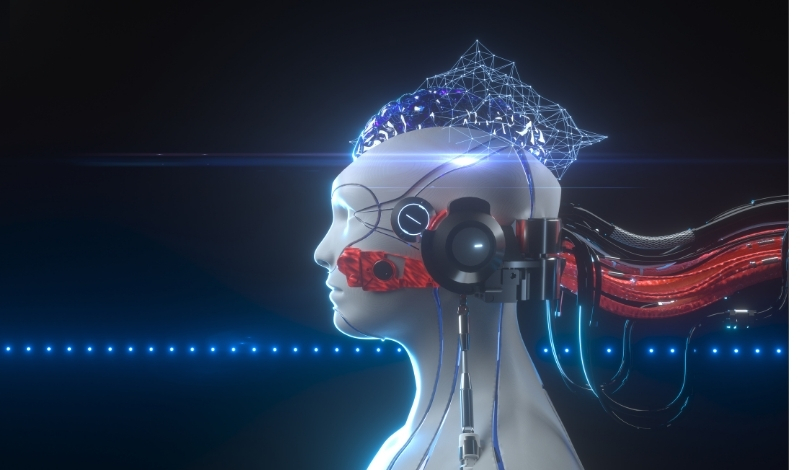As the EU’s AI Act is set to come into force tomorrow, industry professionals are voicing their opinions on its potential impact. The regulation aims to build trust and promote responsible AI usage. Recognized figures from notable companies have shared insights, highlighting the ramifications of this new framework on the AI landscape.
When comparing recent commentary with earlier reports on the EU AI Act, several consistent themes emerge. Past discussions also emphasized the necessity of trust in AI technologies, suggesting that without regulatory oversight, public skepticism might hinder the technology’s full potential. Additionally, previous analyses highlighted the Act’s focus on high-risk AI systems, aligning with current expert opinions on its targeted approach.
However, there are discrepancies in how the AI Act’s implementation is perceived. Earlier articles pointed out the potential for stifling innovation, especially for smaller enterprises. This contrasts with the more recent emphasis on provisions such as sandboxes designed to support these smaller entities, suggesting a shift towards a more balanced view of the regulation’s impact.
Building Trust in AI
“The greatest problem facing AI developers is not regulation, but a lack of trust in AI,” Curtis Wilson, Staff Data Engineer at Synopsys’ Software Integrity Group, asserted. “For an AI system to reach its full potential, it needs to be trusted by the people who use it.”
Paul Cardno, Global Digital Automation & Innovation Senior Manager at 3M, concurred, noting that nearly 80% of UK adults support stringent AI regulation. Cardno stated,
“With nearly 80% of UK adults now believing AI needs to be heavily regulated, the introduction of the EU’s AI Act is something that businesses have been long-waiting for.”
Regulation and Best Practices
The EU AI Act focuses on high-risk systems and foundational models, mirroring existing best practices in data science. Wilson commented on the alignment,
“I see regulatory frameworks like the EU AI Act as an essential component to building trust in AI. The strict rules and punishing fines will deter careless developers and help customers feel more confident in trusting and using AI systems.”
Both experts agree that while the Act can impose additional burdens, it is a necessary step towards ensuring responsible AI development.
Implications for UK Businesses
Although the Act primarily targets the EU market, its impact extends to UK businesses, particularly considering the Windsor Framework. Wilson explained that some provisions might apply to Northern Ireland, and the UK is also drafting its own AI regulations to ensure interoperability with EU and US standards. This international alignment may streamline compliance but could present challenges for smaller companies due to the complexity of navigating multiple regulatory environments.
As AI continues to evolve, the EU AI Act represents a significant milestone in establishing a framework for responsible AI development. By providing clear guidance and regulatory oversight, the Act aims to mitigate risks while fostering innovation. This dual approach ensures that both developers and users can have greater confidence in AI technologies, paving the way for broader adoption and integration into various industries.










